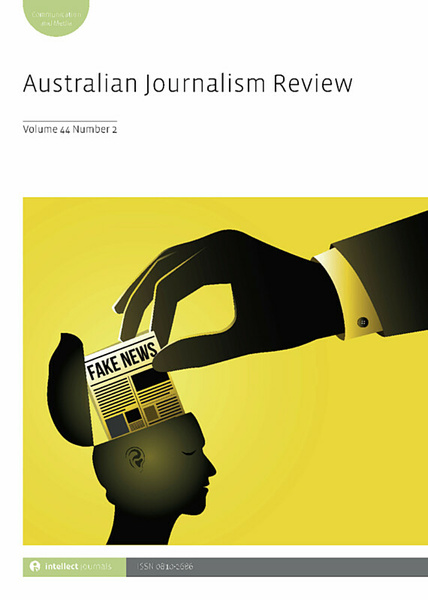
Full text loading...

Recent developments in artificial intelligence (AI) pose considerable challenges to journalism educators. Sophisticated natural language processing systems have shown that the completion of academic assessment tasks does not necessarily require human-like artificial general intelligence. Already, AI can be deployed to assist with or independently complete assessment tasks for students or to provide an unacknowledged context for students completing assessment tasks. Educators teaching in journalism studies must rethink assessment, particularly as the journalism industry increasingly embraces AI technology.

Article metrics loading...

Full text loading...
References


Publication Date:
https://doi.org/10.1386/ajr_00101_7 Published content will be available immediately after check-out or when it is released in case of a pre-order. Please make sure to be logged in to see all available purchase options.